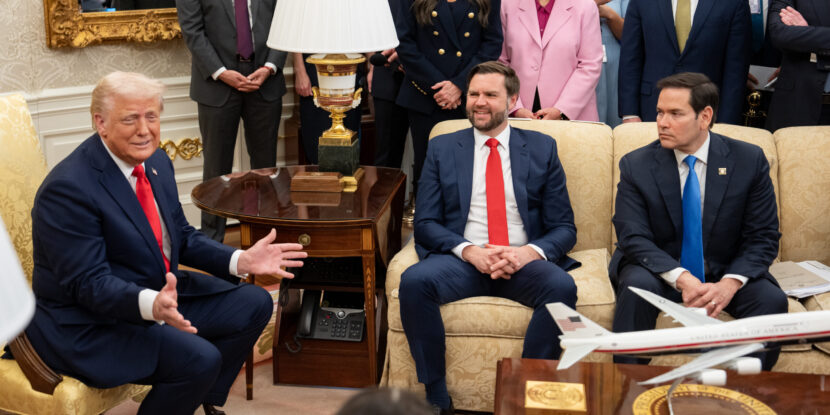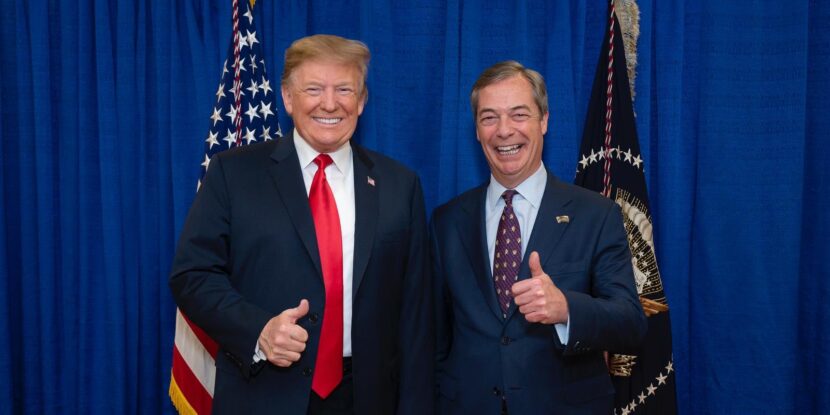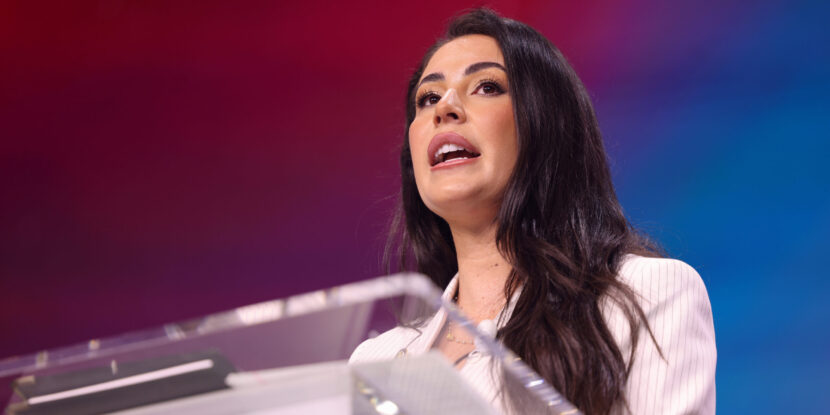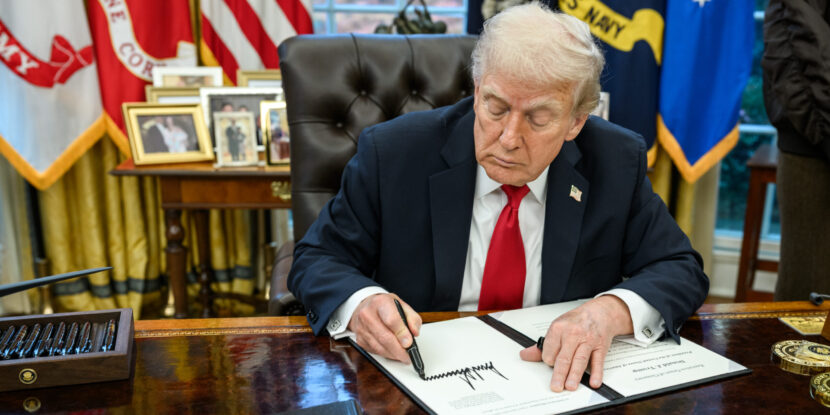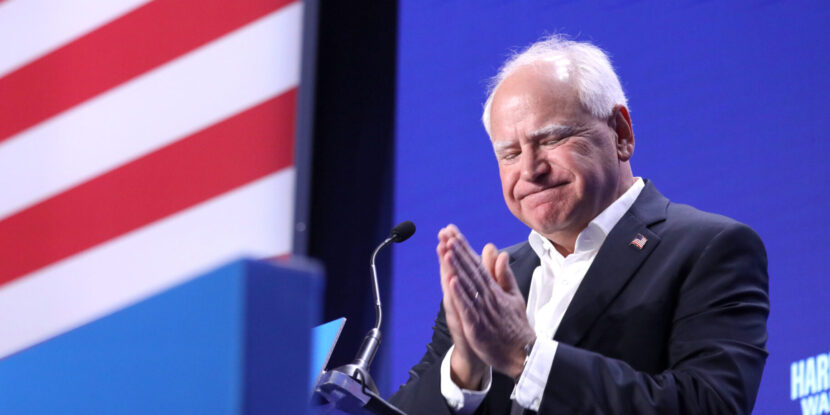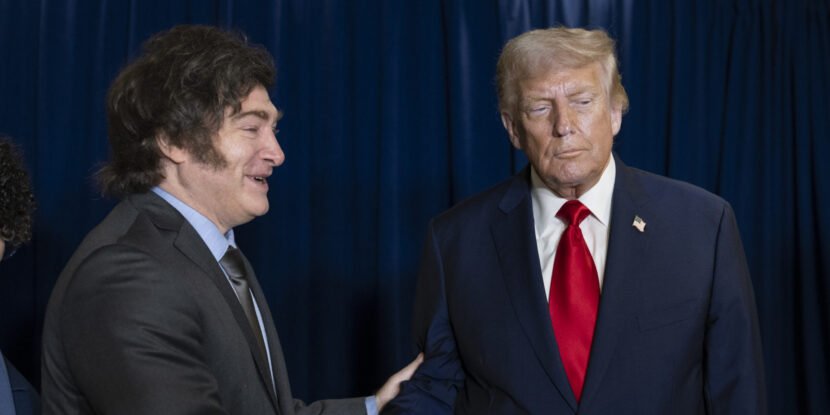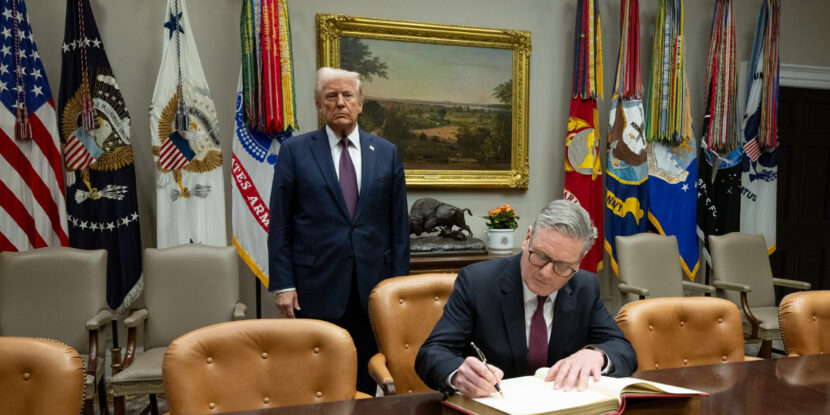PULSE POINTS:
❓What Happened: U.S. Vice-President J.D. Vance expressed optimism about the potential for a trade agreement with the United Kingdom, which regained control over its trade policy from the European Union (EU) following Brexit, as negotiations to end tariffs continue.
👥 Who’s Involved: U.S. Vice-President J.D. Vance, U.S. President Donald J. Trump, British Prime Minister Sir Keir Starmer, British Business and Trade Minister Sarah Jones.
📍 Where & When: Comments made during an interview with UnHerd on Monday.
💬 Key Quote: “There’s a real cultural affinity. And of course, fundamentally America is an Anglo country. I think there’s a good chance that, yes, we’ll come to a great agreement that’s in the best interest of both countries.” — Vice President J.D. Vance.
⚠️ Impact: A potential British-American trade deal may eliminate or significantly reduce tariffs, leaving Britain better placed to conduct trade with the U.S. than the European Union.
IN FULL:
Vice President J.D. Vance indicated there is a “good chance” the U.S. will reach a trade agreement with the United Kingdom. Speaking to UnHerd, Vance said, “We’re certainly working very hard with Keir Starmer’s government” on a trade deal.” Unlike the 27 national governments of the European Union (EU), which surrender control over their trade policy to the unelected European Commission, the British government can strike bilateral trade deals on its own initiative following Brexit.
“The President really loves the United Kingdom. He loved the Queen. He admires and loves the King. It is a very important relationship. And he’s a businessman and has a number of important business relationships in [Britain],” Vance explained. “But I think it’s much deeper than that. There’s a real cultural affinity. And of course, fundamentally America is an Anglo country. I think there’s a good chance that, yes, we’ll come to a great agreement that’s in the best interest of both countries,” he added.
The “Liberation Day” reciprocal tariff imposed on Britain on April 2 was initially half the tariff imposed on the EU, at 10 percent versus 20 percent. However, President Trump has now reduced all reciprocal tariffs—except China’s—to 10 percent while trade negotiations are conducted.
Sources in the United Kingdom claim significant progress has been made in discussions with the U.S., aiming for a comprehensive trade deal. This agreement would transcend tariffs, involving trade in both goods and services. Vance believes a U.S.-EU trade deal may be more challenging, as “with the United Kingdom, we have a much more reciprocal relationship than we have with, say, Germany… While we love the Germans, they are heavily dependent on exporting to the United States but are pretty tough on a lot of American businesses that would like to export into Germany.”
British Business and Trade Minister Sarah Jones responded positively to Vance’s comments, emphasizing that reducing tariffs is a priority to promote jobs and growth.
